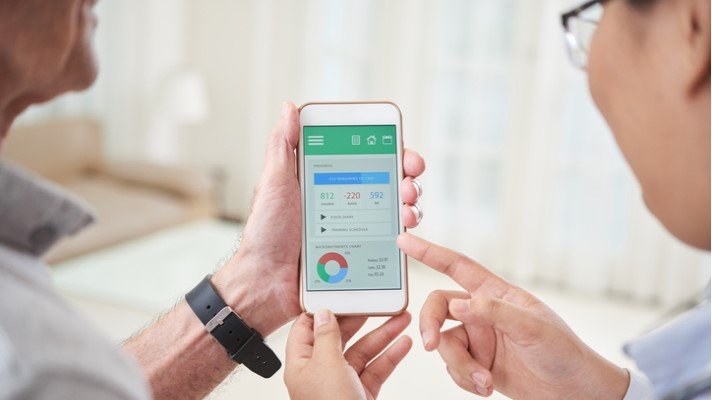After the COVID-19 outbreak, the whole world has seen an extraordinary shift in healthcare dynamics. This pandemic has worked as a facilitator for digital transformations in every field of healthcare, including drug discovery, medical records, hospital and pharmacy management, equipment, telehealth, medical insurance, and remote billing. It was a much-awaited transformation by health insurance companies, doctors, and patients, revolutionizing and simplifying the way insurance providers and hospitals communicate with patients.
Thus, health insurance companies are considering app development now to redefine the ways patients navigate the complicated health insurance world.
Why There is a High Demand for Health Insurance Application Development?
Health insurance apps are in high demand because of many reasons, reflecting the growing healthcare landscape and the increasing expectations of modern customers. It is expected that more than 30 percent of patients who face a longer waiting time leave before they meet their healthcare provider and 20 percent move to other doctors. So, when people cannot wait for their doctor, how will they wait for the health insurance provider who takes too much time to solve their query or return them the claim amount?
Usually, a potential buyer will turn to another option that serves their requirements more conveniently and quickly. You do not wish to happen this to you. Therefore, to avoid this distressing situation, you should offer the audience an advanced and convenient solution that caters to their demand painlessly. The development of a health insurance app can make it possible by minimizing the wait time and streamlining the business process.
What are the Essential Features of a Health Insurance App?
To ensure the success and effectiveness of a health insurance app, it should include a variety of essential features. Below is the complete list of features you should ask your software developers Dubai to include in the health insurance app:
User Profile
This feature lets users register and manage profiles using phone numbers, emails, policy numbers, and other vital information. It helps offer a customized user experience to users.
Policy Information
Showing detailed policy information, like coverage details, effective dates, premiums, and deductibles, is another must-have feature of the health insurance app. It lets users compare many insurance plans and make well-informed decisions depending on their particular needs.
Payment Management
The insurance application should be adaptable when it comes to payment options. Ensure that the app enables users to quickly sign up, automate the processing of invoices, and offer configurable incentive and commission calculations.
Claims Management
It’s another vital health insurance app feature that lets users submit, manage, and track insurance claims effectively. Users find it easy to upload supporting documents, get status updates, and file claims directly from mobile devices.
Effective Communication
Allowing effective communication is necessary to make a credible app. It allows users to connect with insurers, customer support, and healthcare providers securely for fast responses to their concerns and queries. Ensure that the app supports every type of primary communication: chat, voice calls, and video calls.
Media Sharing
In a healthcare insurance application, this feature holds great importance. It lets patients flawlessly share their medical reports or medication documents with doctors.
Push Notifications
Vital reminders and updates can be reached promptly to the users via push notifications. Users remain well-informed about claim updates, policy changes, and vital healthcare alerts, making sure that they do not miss crucial information.
In-App Payments Integration
If users do not make premium payments timely, they may lose their coverage. So, when you App Developers New York, ask them to integrate the payment gateway feature in the app, allowing users to conveniently settle their premiums. It offers a completely hassle-free way to initiate payments while facilitating quick bill settlement after medical appointments.
Multi-Factor Authentication
Multi-factor authentication is another vital feature a health insurance app should have as it enhances the security of the app, adheres to HIPAA compliance, and protects users’ privacy. In the healthcare industry, protecting sensitive medical information of patients against any type of unauthorized access is vital. Multi-factor authentication assures secure app accessibility. It needs users to offer additional information, like a biometric scan or one-time code, along with a username and password, guaranteeing that authorized people can only access the app.
Early Diagnosis
Early diagnosis is another sought-after feature of the health insurance app, which helps insurance companies get a competitive edge. While implementing this feature, think through every possible way to access healthcare and medical guidance for the users. In situations where instant doctor visits, chats, or calls aren’t feasible, having a questionnaire or AI-powered chatbot feature can be very helpful. It offers users with initial diagnosis and suggests them the best doctors. With this blog, you would have got a clear understanding of every vital feature you should include in a health insurance app. If you want a reliable tech partner to create such an app for you, you can count on Rushkar Technology.
